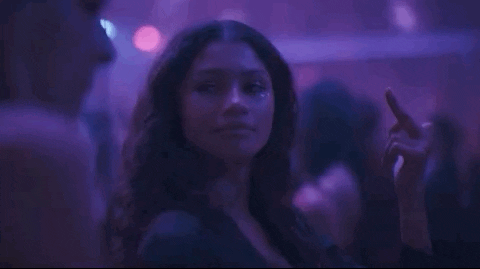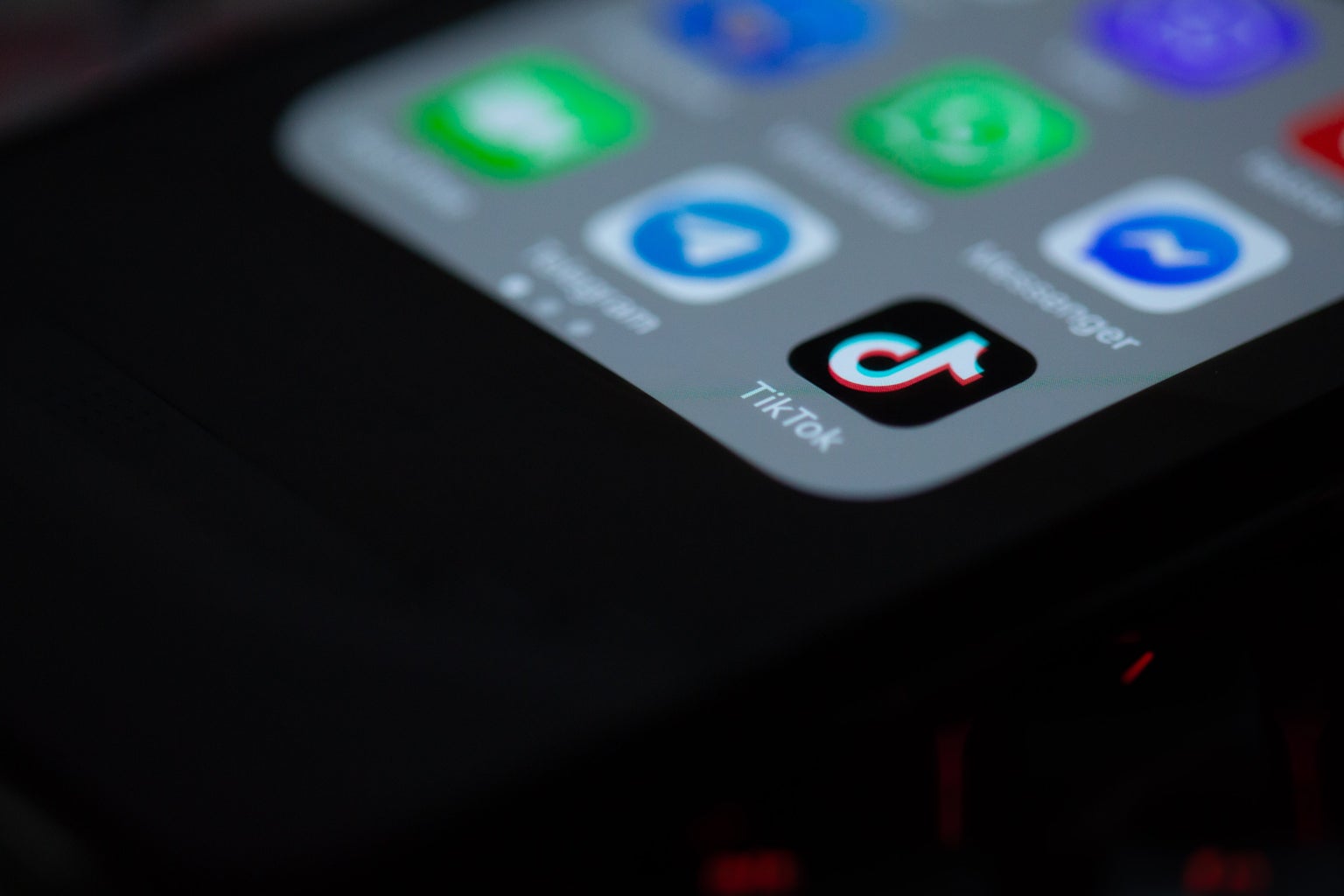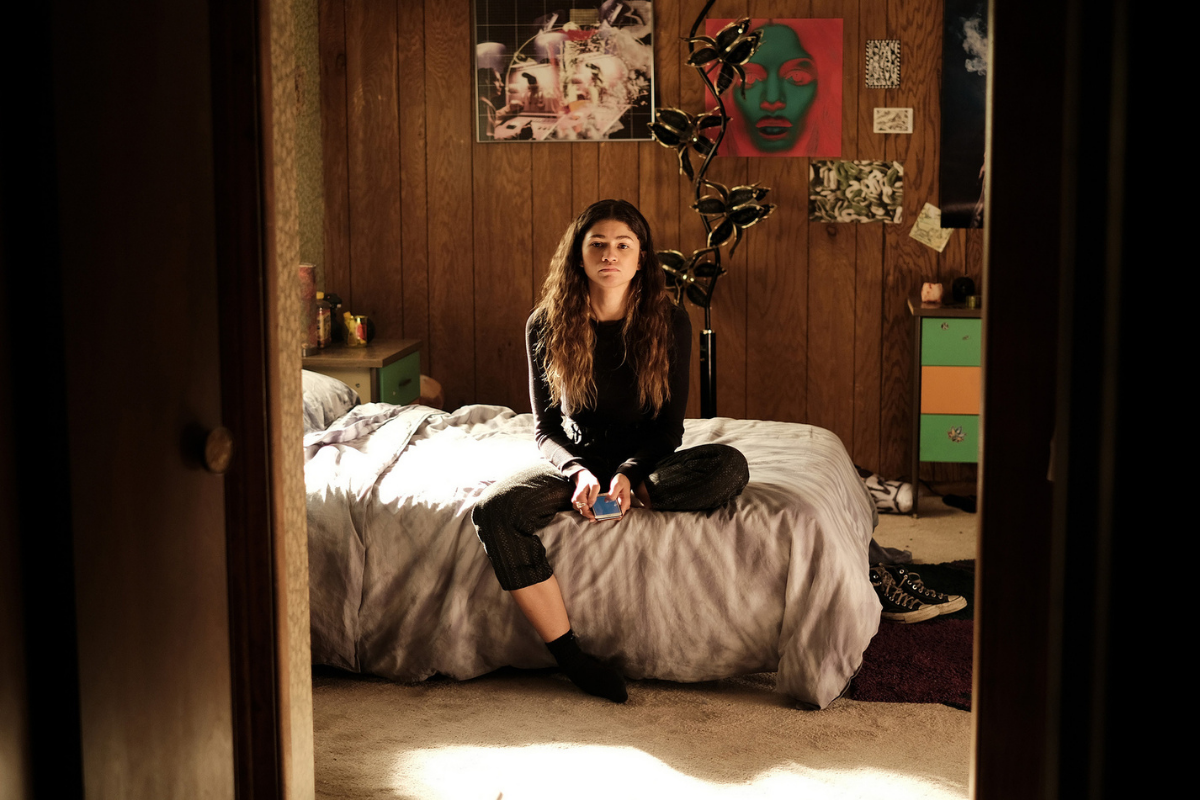Mental health awareness is such an important topic. We have one week per year dedicated nationally to this cause: to spread awareness of all mental health disorders and their symptoms, to highlight possible helplines, and to reduce the stigma that surrounds mental health in general. Awareness is also brought to mental health through TV shows and films, and through social media. We are lucky to be living through a time in which such an abundance of support is seen to bring attention to mental health, and where mental health is portrayed in the media so candidly. Or are we?…
Whilst the portrayal of mental health in the media is paramount to raising awareness, there is a fine line between helpful and harmful representation.
Seeing accurate representation of mental health on screen is very important to me. If we were never to see any depiction of mental health in TV and film it would be unrealistic, as art is a reflection of reality and the reality is that many people will experience some kind of struggle with mental health in their lifetime. To pretend otherwise would be disingenuous. If hidden from TV and film, individuals who do know the all too real battle with their own mental health would believe their experiences were something to be ashamed of, and their burden to carry solely by themselves.
The likes of TV shows and films such as Euphoria, Spinning Out, and The Perks of Being a Wallflower do, in my opinion, responsibly portray mental health. Whilst they are fiction, they bare some of the realities of certain mental health disorders. They do not romanticise addiction, depression, anxiety, bipolar (etc.), but instead highlight the ugliness, the pain, the breakdown of self and relationships, and the shame. It will never be an exact mirror of mental health, since everybody experiences their own differently. Yet, when I see these characters struggling in some of the same ways I do, I feel seen. My own mental health experiences feel valid, and it helps to give a big f**k you to some of that shame and isolation.
However, even with the best intentions, any piece of media can be received and shaped into something harmful by its audience. This is where the real issues of romanticisation and diminishment of mental health can occur…
It all depends on the fine details of how the topic is portrayed, which audiences it’s targeted towards, and which audiences respond. A TV show that did gain a huge response to its themes of mental health was 13 Reasons Why. Whilst it most definitely depicted all the awful realities of mental health, it became romanticised and devalued through audience reaction and social media discourse. The show was largely aimed at an audience demographic of 15 and upwards. Teenagers. Teenagers who enjoyed the show and paid a lot of attention to it. This attention manifested in the form of TikTok edits and Twitter threads etc., and led to what I see as the belittling of the important themes the show wanted to portray and start conversations about. Hannah Baker, the central character who committed suicide, became a meme of sorts. Comment sections on social media platforms were interspersed with statements like “I’m gonna pull a Hannah Baker”, and “this is my 13th reason why”. A very real and serious topic – suicide – became a running joke. A show that started out with good intentions: to explore themes of mental health, addiction, bullying, and sexual abuse, ended up being sucked into the whirlwind of social media discourse and was shaped into something quite harmful, devaluing the very topics the show had tried to raise important awareness of.
Social media. We have access to everything we could ever hope for. Through social media platforms, awareness of absolutely everything can be spread and received. The audience is millions upon millions of people, all eager and open to receiving content. Mental health is so greatly talked about on social media. Symptoms, helplines, personal experiences and advice are all shared and easily come across. This has definitely been helpful in destigmatising the general topic of mental health – conversations aren’t shamed or stunted but encouraged. It’s amazing progress. However, at what point do we realise that maybe all this candour, all this exposure, has gone too far?
I far too often come across influencers who are barely 21 making “awareness” videos for certain mental health disorders, in which they list symptoms for that disorder all summed up in a pretty little 60-second clip. Their audience is comprised of young adults who fill the comment sections of these videos with statements along the lines of “I think I have this” or “this is too relatable”. Some of the disorders I see featured in these videos include BPD, OCD, Bipolar, and ADHD. These are extremely complex disorders, that even thoroughly trained professionals have trouble differentiating and diagnosing. They aren’t meant to be “relatable”. And yet we see young adults and teenagers taking the word of this influencer as gospel, and almost diagnosing themselves in the comment threads.
Now, I am by no means condemning self-diagnosis. I understand that to get a professional diagnosis is in many ways a privilege – it is difficult to achieve, can take years upon years and can be very expensive. And relating to symptoms you see highlighted on social media can be a good starting point for contacting your GP and expressing your concerns to perhaps set you on the path to a diagnosis. Nevertheless, your favourite relatable influencer isn’t an expertly trained mental health professional. In a lot of ways, those “symptom awareness” videos are irresponsible. Mental health is so complicated and the different disorders overlap way too much for you to be able to sort it all out yourself, and you shouldn’t be encouraged to do either. Despite their best intentions, certain social media videos are actually just spreading harmful and misleading content. And rather than helping to reduce the stigma and “educate”, it serves to instead devalue and perhaps even tokenise complex disorders and the awful effects they have on the lives of individuals who do suffer from them.
Mental health portrayal in social media is not only an issue for its audiences, but also for the creators of the content. The para-social potential of any influencer-fan relationship becomes increasingly harmful when the topic of mental health is involved. Some influencers’ content focuses solely on mental health – they are the influencers most likely to be more educated and responsible when it comes to covering the topic. Nevertheless, fans and audiences of these influencers (because of the personal and intimate sharing of mental health experiences and advice) may start to feel entitled to this person, despite only knowing them through a screen. They might try to personally contact this influencer, “trauma dump” in their comments, and expect the person to respond and help them. I have said it once before and I’ll say it again, social media influencers are not trained mental health professionals. They are not equipped to deal with these situations. Fundamentally, it is a critical safeguarding issue for both parties involved.
Mental health within social media is an extremely difficult line to navigate. While I do believe that having mental health representation in the general media is an important and largely helpful thing, we do not understand all the perils and possibilities that come with social media. In the grand scheme of things, social media is still a very recent phenomenon. We have no real idea of the impact all this exposure and accessibility has on our still-developing brains. In an age where pre-developed young minds are exposed to unlimited content and where we put strangers on the internet on pedestals, we have to realise the burdens and consequences of this. There is really no room for error when it comes to mental health. Ultimately, I don’t believe any one of these individuals can, or should be expected to, hold that much influence and responsibility. And being responsible audiences of social media ourselves, we should also be mindful of what we are consuming and think critically about that content.
Mental Health Helplines
Samaritans – 116 123
CALM – 0800 58 58 58 (OR the CALM Webchat Service)
SHOUT – Text SHOUT to 85258
Papyrus UK – 0800 068 4141
For more mental health services and advice visit the Mind UK website.





